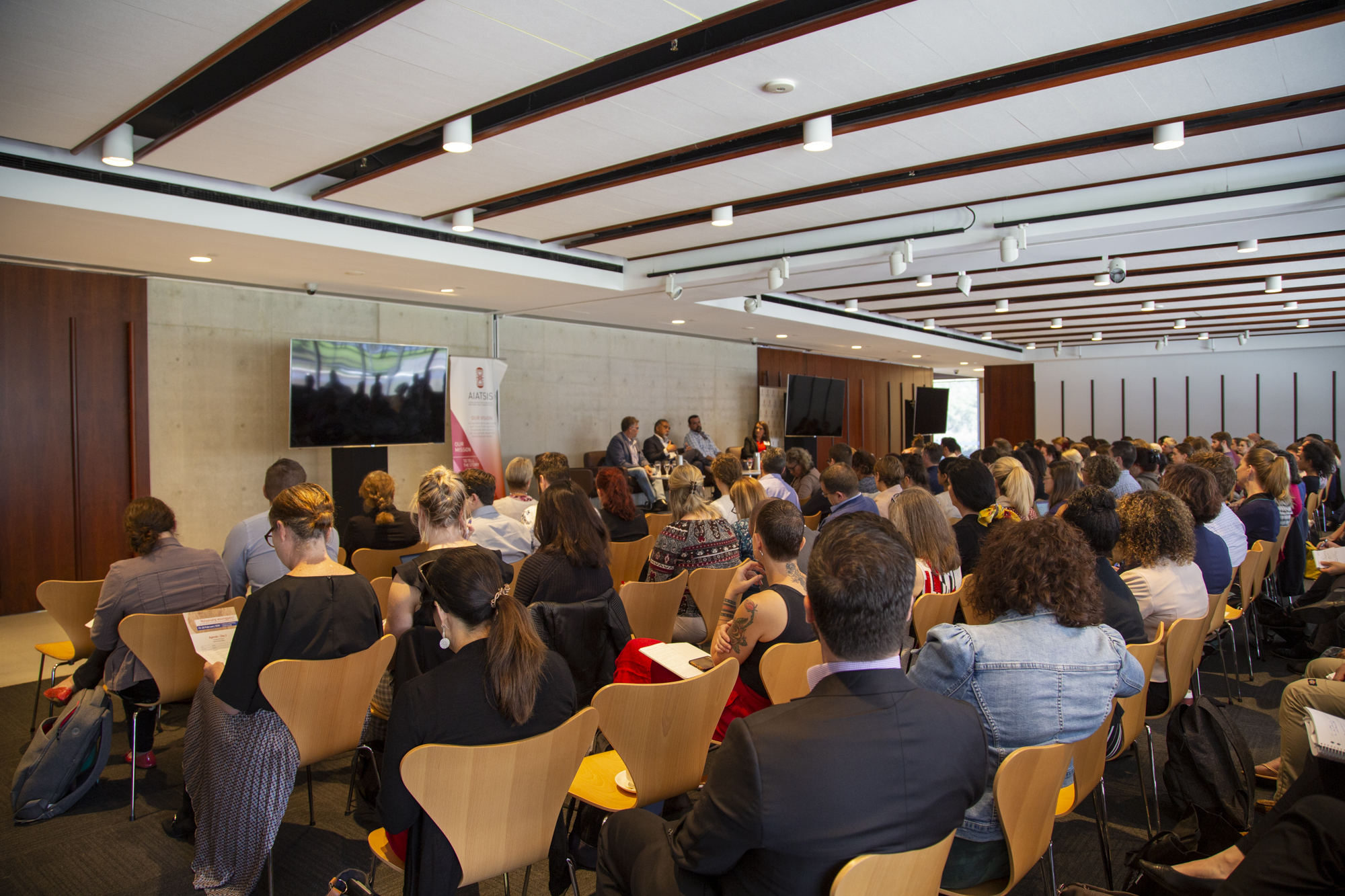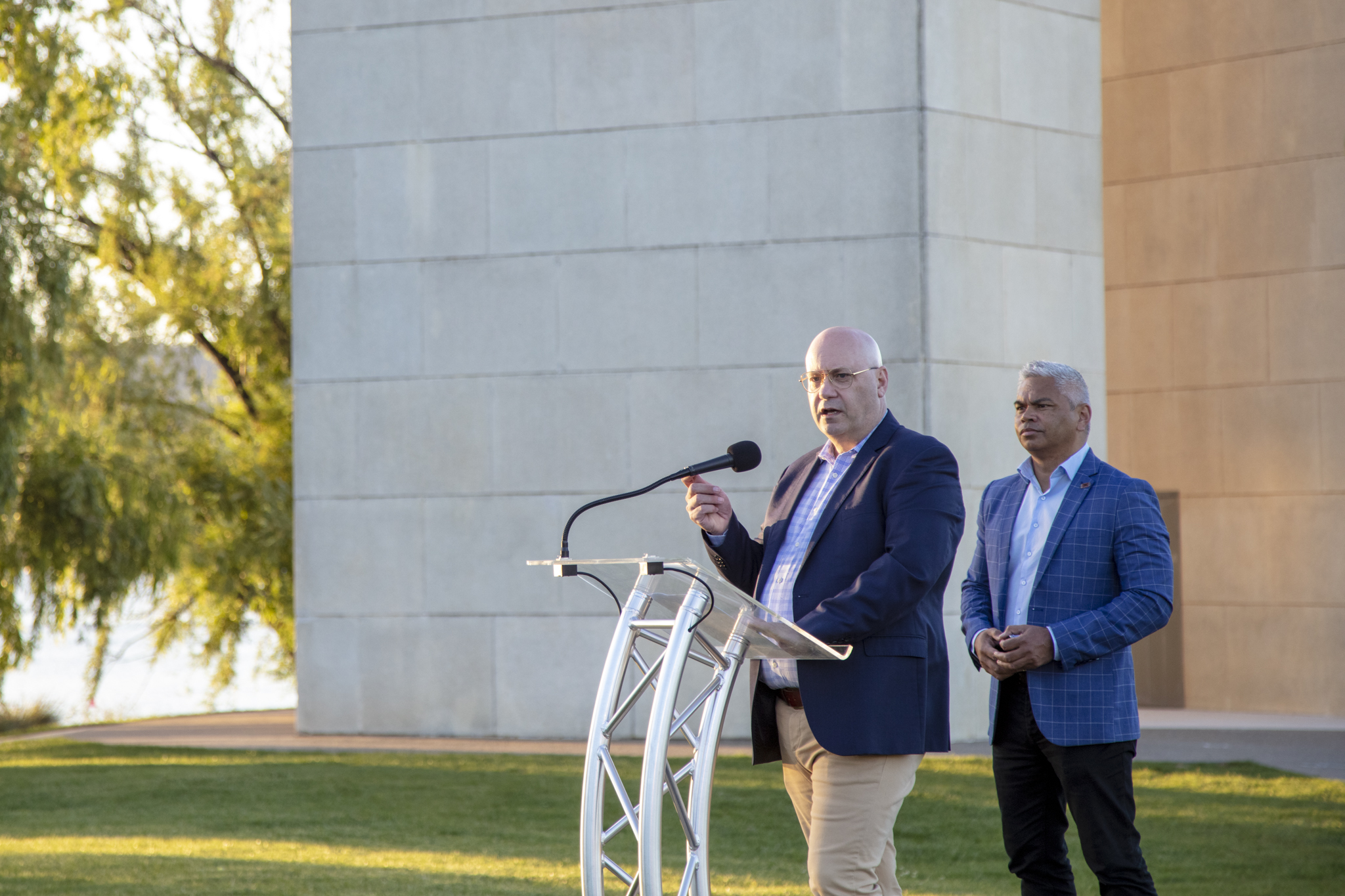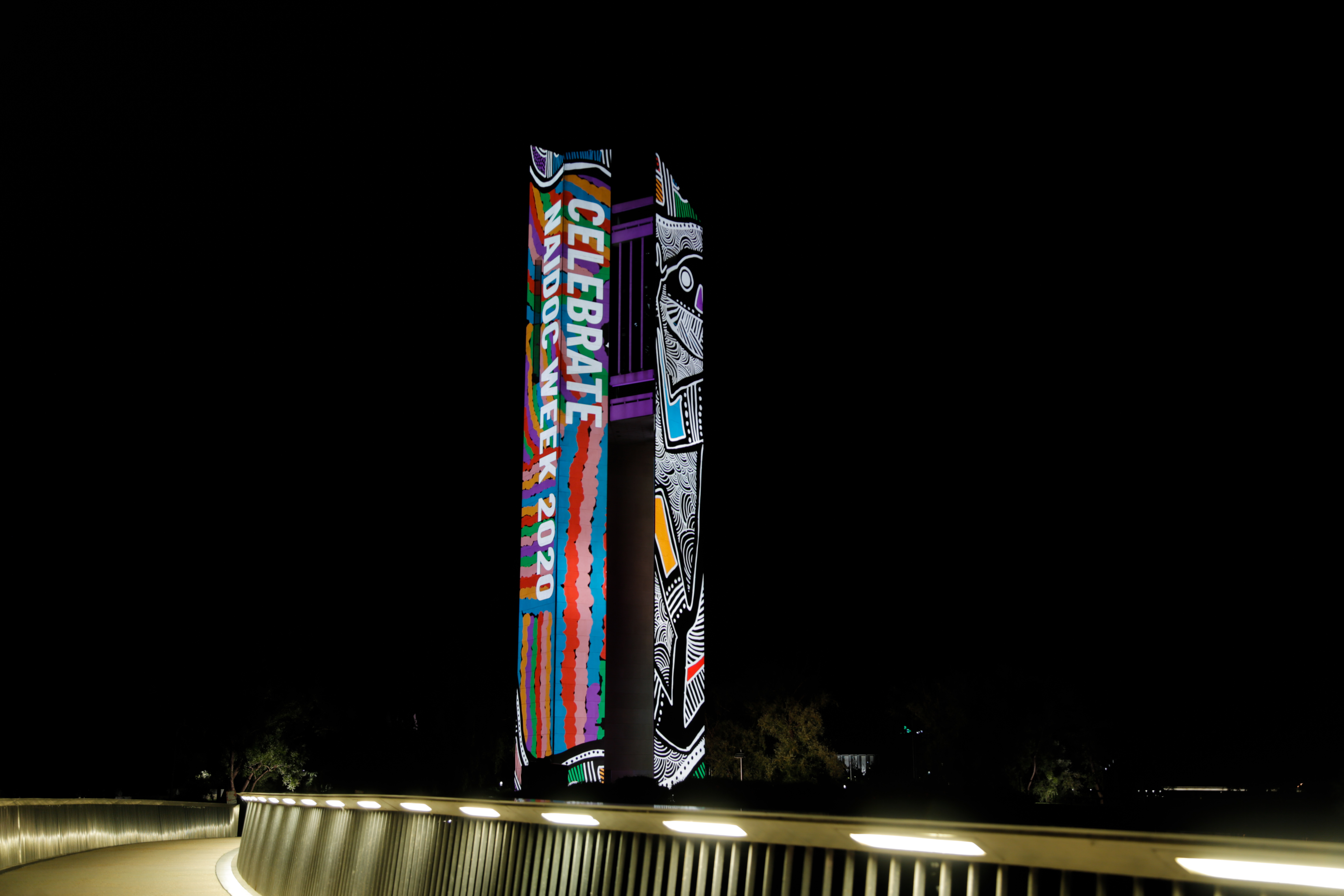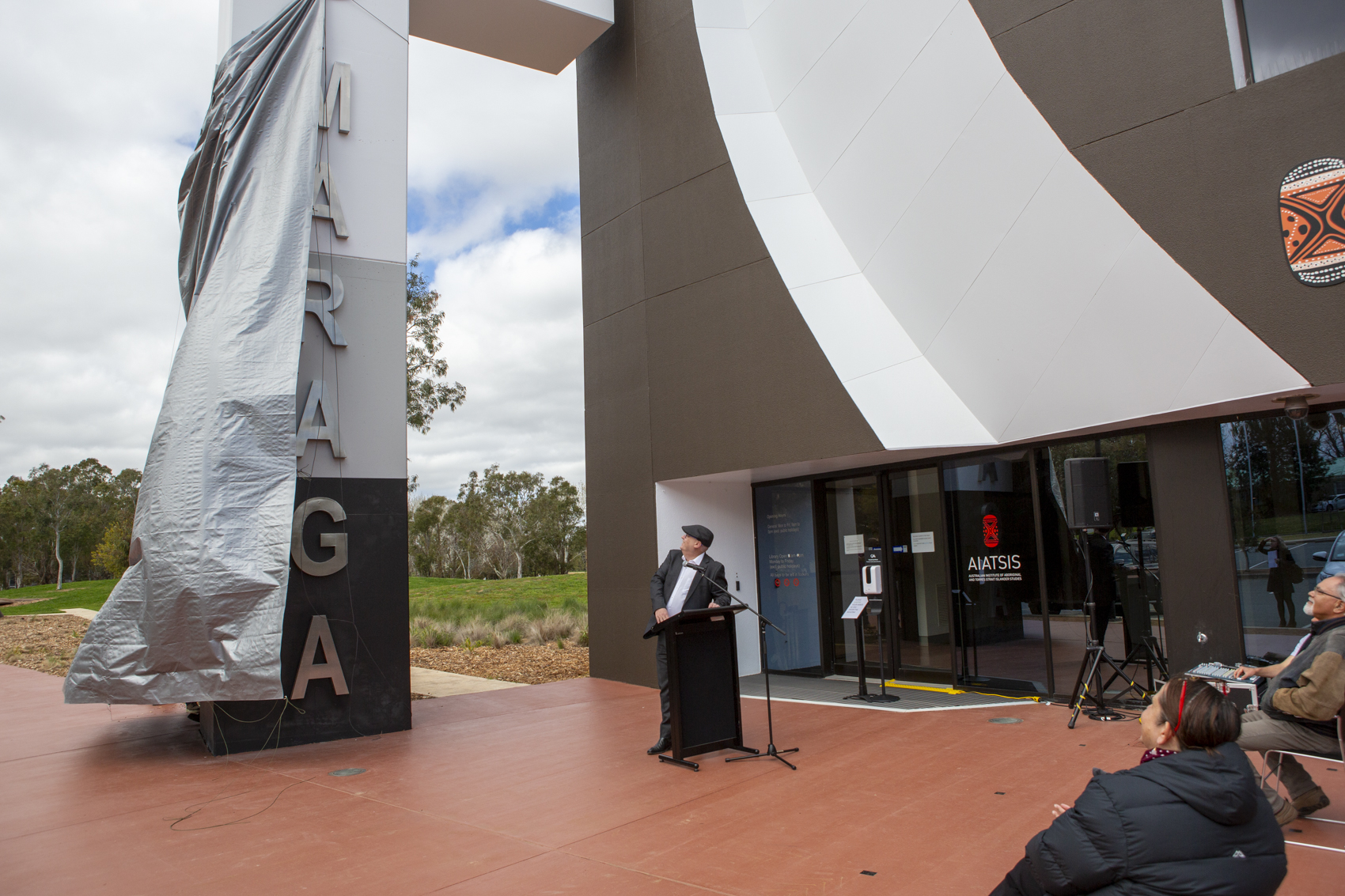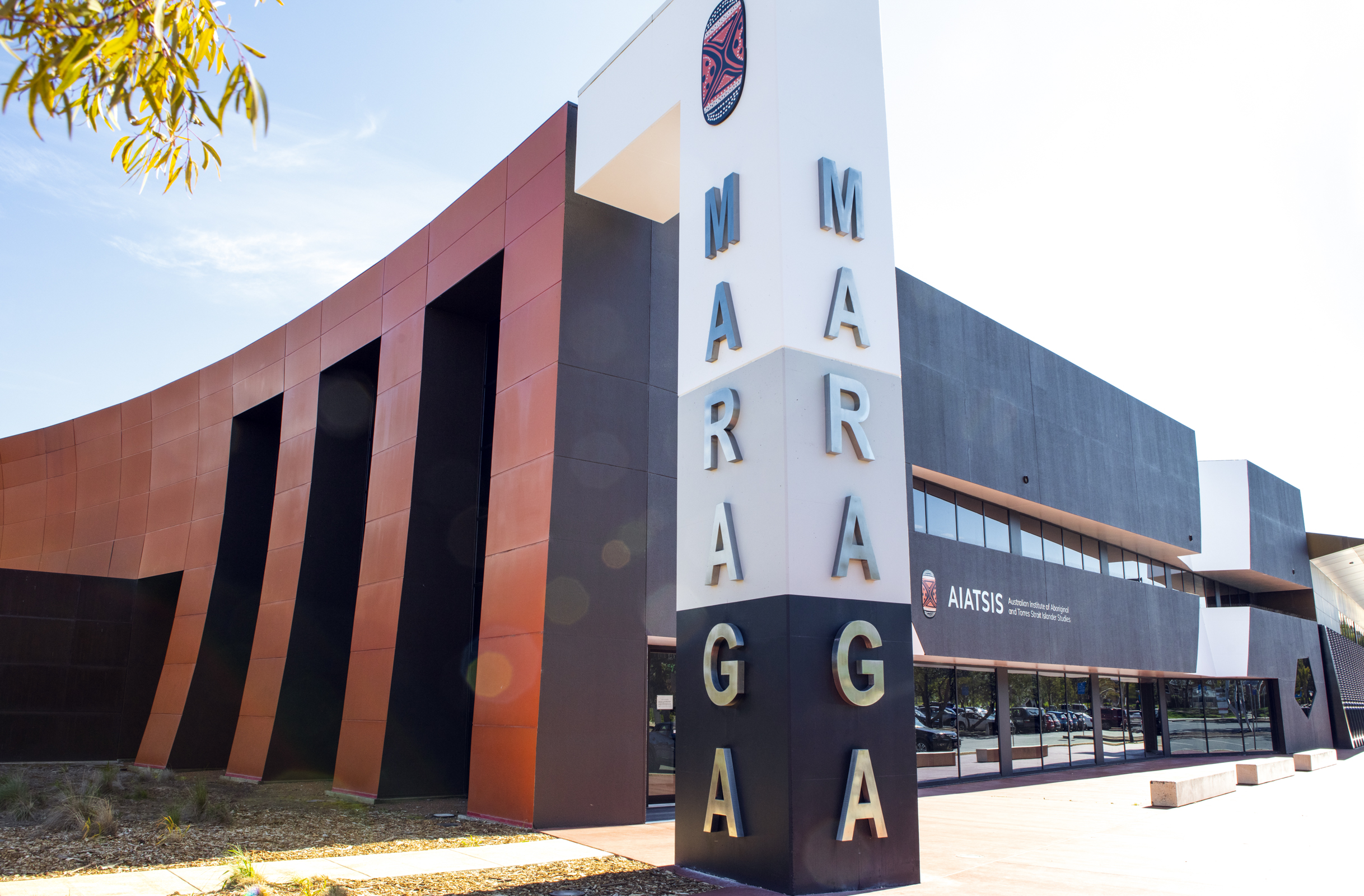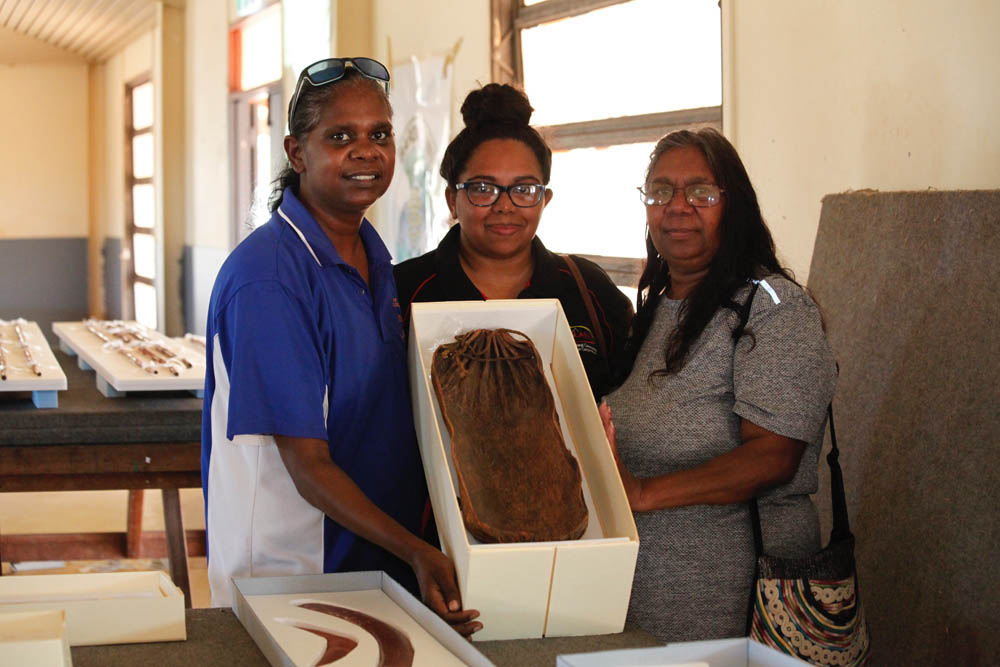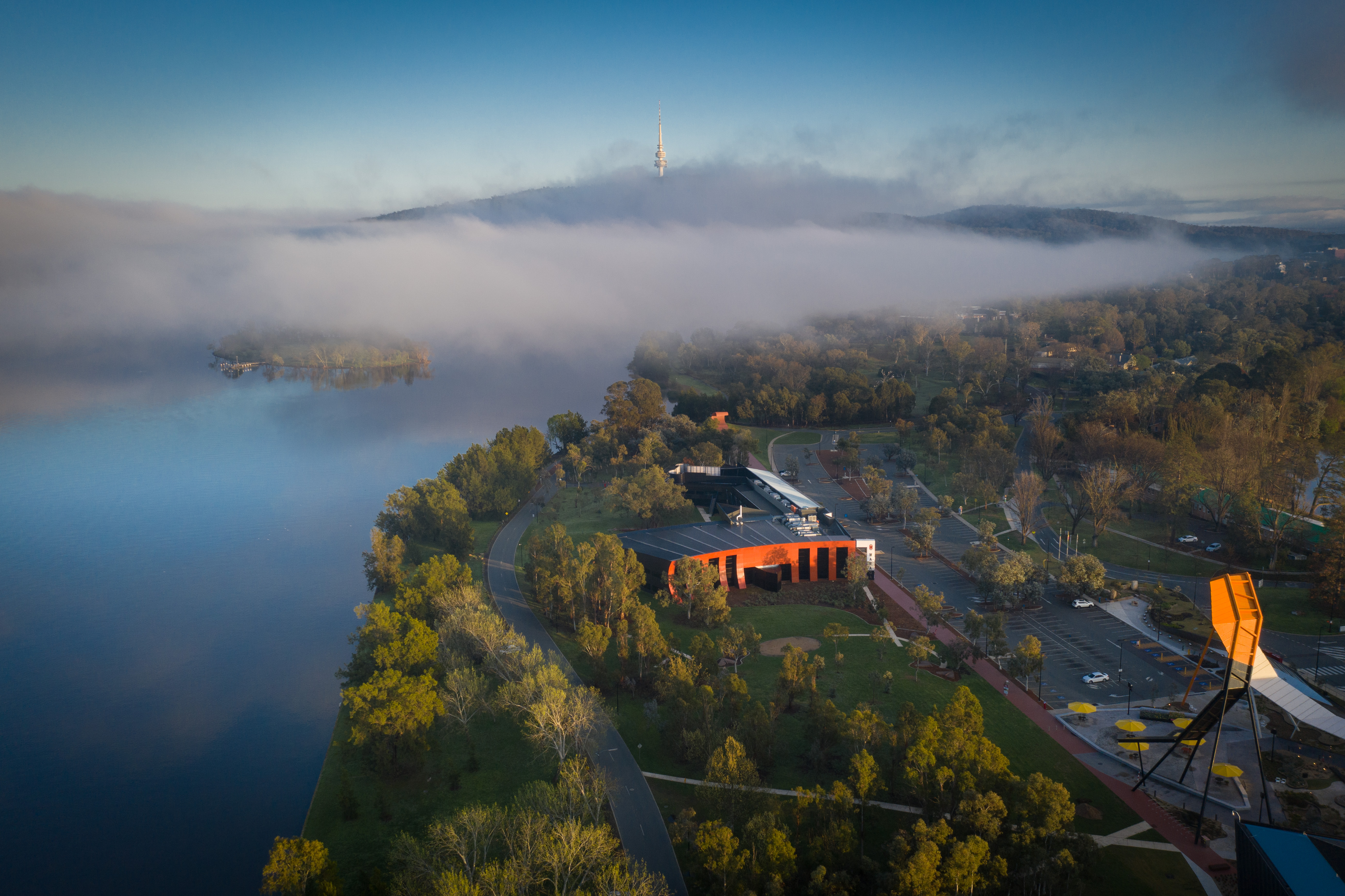Craig Ritchie, AIATSIS Chief Executive Officer
As the year finally draws to a close, I want to take this opportunity to wish all AIATSIS members, partners, supporters and staff a wonderful Christmas and happy New Year.
This year brought us unprecedented challenges and change. Barely had we time to grieve the devastating loss of the summer bushfires when a global pandemic began, completely altering life as we know it. While it is easy to focus on the disasters, it is important to also recognise the agility, resilience and achievements we all displayed in one of the most challenging years in memory.
Many AIATSIS events, including the National Native Title Conference had to be cancelled or postponed this year due to COVID-19. But some events were reimagined in the online space. For the first time ever, the annual AIATSIS Indigenous Art Market was held online, opening up new domestic and international markets for Indigenous artists and art centres. Aboriginal Studies Press book launches, such as the one for Redfern: Aboriginal activism in the 1970’s, took place in the virtual space, again attracting international audiences.
Some physical events were still able to be held this year. In February we hosted a second symposium on Indigenous culture and policy - Nyiyanang wuunggalu! It was a highly productive and engaging event bringing together community leaders, policymakers and researchers. The message emerging from it was clear: Aboriginal and Torres Strait Islander peoples and communities are making their own policy, and if government wants to work ‘with’, rather than ‘to’ or ‘for’, them, then real structural reform is needed.
To launch the rescheduled NAIDOC Week in the ACT in November, we organised for Indigenous artworks to be projected on to the National Carillon, creating a larger than life light show for the local community and a source of pride for the participating artists.
Following a very comprehensive review, the much-anticipated AIATSIS Code of Ethics for Aboriginal and Torres Strait Islander Research was launched this year. The Code is directly guided by the United Nations Declaration on the Rights of Indigenous Peoples and sets the standard for the ethical and responsible conduct of all Aboriginal and Torres Strait Islander research. The Code ensures that Indigenous self-determination, Indigenous leadership, impact and value, sustainability and accountability directly underpin any ethical and responsible Aboriginal and Torres Strait Islander research.
This year, it was announced that there would be a Decade of Indigenous Languages, to run from 2022 to 2032. This is in recognition of both the importance of Indigenous languages as well as the scale of work needed to properly understand and preserve them for future generations.
In 2020 AIATSIS published four new dictionaries through Aboriginal Studies Press (ASP) and helped communities publish a further four more as part of the Indigenous languages preservation: Dictionaries project.
In collaboration with the local Ngunnawal community, the AIATSIS building was named ‘Maraga’, meaning strong Waddi shield in the Ngunnawal language. Waddi shields were also used at times to carry small children. In naming the building Maraga, we reflect the very nature of our work here at AIATSIS of not just protecting, but advancing and also at the same time, nurturing First Nations culture and heritage. The huge letters that spell Maraga on the front of our building send a powerful statement about the presence of Indigenous people and our cultures still. In the Decade of Indigenous languages I hope to see more Aboriginal and Torres Strait Islander languages being proudly displayed in public spaces and brought back in to conscious, everyday use.
This year was very significant for the AIATSIS-led Return of Cultural Heritage project. It was announced in July that the project would become a four year initiative, funded by the National Indigenous Australians Agency (NIAA). It is an honour and privilege to be able to continue working through this initiative, with Aboriginal and Torres Strait Islander communities and organisations worldwide, fostering greater cultural understanding, influencing repatriation policy and ultimately, bringing back cultural items from overseas to Country where they belong. On Country, these items can be properly understood, cared for, and play their part in the cultural resurgence of First Nations Australians.
In 2020 AIATSIS also had a facelift. Our brand, logo and website were all refreshed and relaunched in September. The logo, the Koko Bera shield, in collaboration with families connected to it, was redesigned to more accurately reflect the design and detail of the original shield. The new brand and website was ultimately aimed at better meeting the needs of our users while strengthening the Institute’s identity as a trusted modern forum for dialogue. Further features and improvements to the website will be implemented in 2021.
Though many of the challenges of 2020 still linger, many, myself included, are already looking forward to 2021 and the idea of starting with a fresh slate. Until then, I would like to wish you all a very Merry Christmas and a safe and happy new year.
